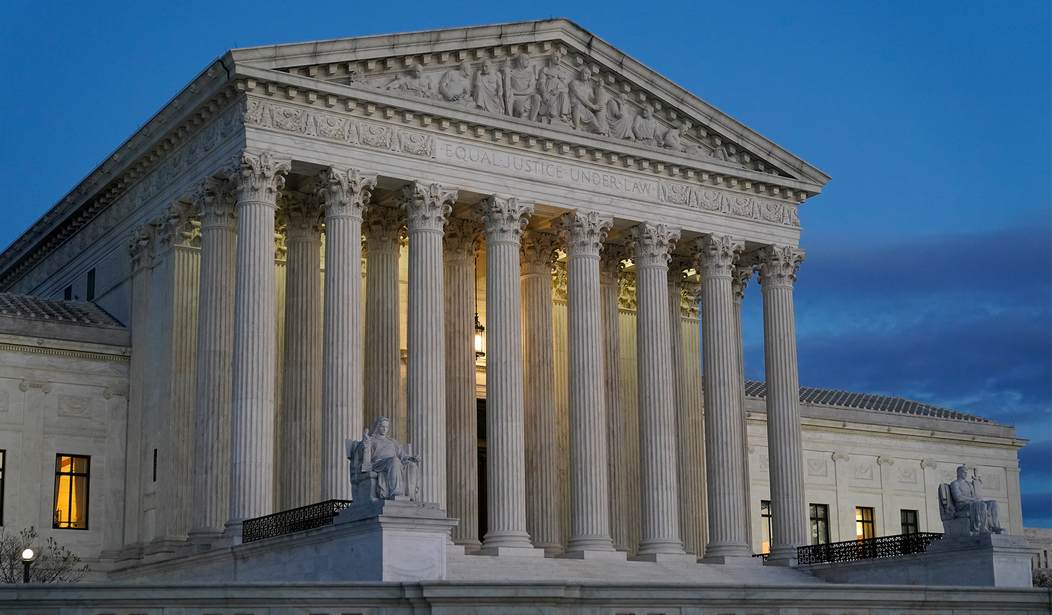Chicken Little alarms were recently voiced in the United States Supreme Court that eliminating or narrowing immunity from suit social media platforms enjoy for third-party postings under Section 230 of the Communications Decency Act would cause the sky to fall on their operations. Based on oral arguments held on Feb. 21 and 22, 2023, the twin cases, Gonzalez v. Google and Twitter v. Taamneh, are likely to leave the blanket immunity for social media behemoths completely or virtually undisturbed.
What's wrong with this picture?
I am a small business owner of broadcast properties valued at a minuscule fraction of Google's $1.16 trillion current capitalization or Twitter's $41 billion. Yet I have no liability immunity for defamations broadcast on my programs or properties. Ditto for newspapers or other social media competitors. We buy libel insurance. Why can't Google and Twitter do the same? Why should these giants be given a leg up under Section 230? Isn't that like giving Secretariat a head start over competitors at the Kentucky Derby in 1973?
Section 230 was passed in 1996 when social media was in its infancy. It was speculated that without legal immunity from defamation, invasion of privacy, or related tort claims for third-party postings on their digital platforms, social media companies would capsize into bankruptcy. But no proof or logic was forthcoming. It was a postulate without proof neither then nor in the ensuing 27 years.
The relevant text reads as follows: "No provider or user of an interactive computer service shall be treated as a publisher or speaker of any information provided by another information content provider."
In contrast, newspapers, broadcasters, cable companies and satellite transmitters are subject to liability for content provided by third parties. But the law, liability insurance and the practicalities of litigation provide formidable defenses that adequately protect against adverse judgments or insolvency leaving a wide margin for free speech. None of these industries have become insolvent from tort liability.
Recommended
The Supreme Court in New York Times Company v. Sullivan (1964) and its progeny has erected virtually insurmountable First Amendment barriers to successfully suing public officials or public figures for defamation, invasion of privacy, or similar speech. A plaintiff must shoulder the burden of proving by clear and convincing evidence that the defendant published a false statement of fact with knowledge of its falsity or with reckless disregard of whether it was true or not. Opinions are completely off limits. And simple negligence in publishing a falsehood does not trigger liability. The defendant must be shown to have entertained a conscious awareness that the allegedly offensive publication contained a defamatory fact.
Moreover, defamation damages must be proven. But loss of reputation characteristically finds expression in business that never surfaces. Proving such a negative is commonly insurmountable.
Even more important, plaintiffs are ordinarily reluctant to sue to avoid providing a free and ruinous judicial platform for further distribution of the defamatory falsehood. Defamation suits are customarily costly and lengthy because proving the state of mind of the publisher and the reputation of the plaintiff is complex. A plaintiff's entire life, warts, skeletons and all are fair game in discovery. Unless you're a saint, a defamation lawsuit may further ruin your brand. Thus, President Franklin Roosevelt persuaded his chief emissary Harry Hopkins to refrain from suing the Chicago Tribune for a story likening him to Grigori Rasputin, villainous courier to Tzar Nicholas and Tsarina Alexandra.
It is unsurprising that successful defamation or invasion of privacy suits against traditional media are extremely rare, like unicorns. Even a wealthy plaintiff like Sarah Palin was crushed in her defamation suit against The New York Times in Palin v. New York Times Company (2020). Even before the constitutional protections of New York Times Company v. Sullivan and its progeny were inaugurated, tort liability judgments against traditional media were few and far between. Take investigative journalist Drew Pearson, whose "The Washington Merry-Go-Round" appeared daily from 1932-1969. He won 119 of 120 libel cases. None deterred his muckraking columns, as chronicled in Donald Ritchey's "The Columnist: Leaks, Lies, and Libel in Drew Pearson's Washington."
Repeal of Section 230 would still leave social media platforms with the thick layers of constitutional protections enjoyed by traditional media that have safeguarded free speech, viewpoint diversity and aggressive scrutiny of government. Even if the section was plausibly justified at birth 27 years ago because social media was embryonic, it is as obsolete today as the horse and buggy. Repeal will not cause the sky to fall. It would create an even playing field with social media giants still inheriting a competitive advantage from the 27 years of liability immunity they have already enjoyed under Section 230.
I would wager that if the section were repealed, the impact on the stock prices of Twitter, Facebook and Google or their parent companies would be tiny. To believe otherwise is to believe Chicken Little.
To find out more about Armstrong Williams and read features by other Creators Syndicate writers and cartoonists, visit the Creators Syndicate website at www.creators.com. COPYRIGHT 2023 CREATORS.COM

























Join the conversation as a VIP Member